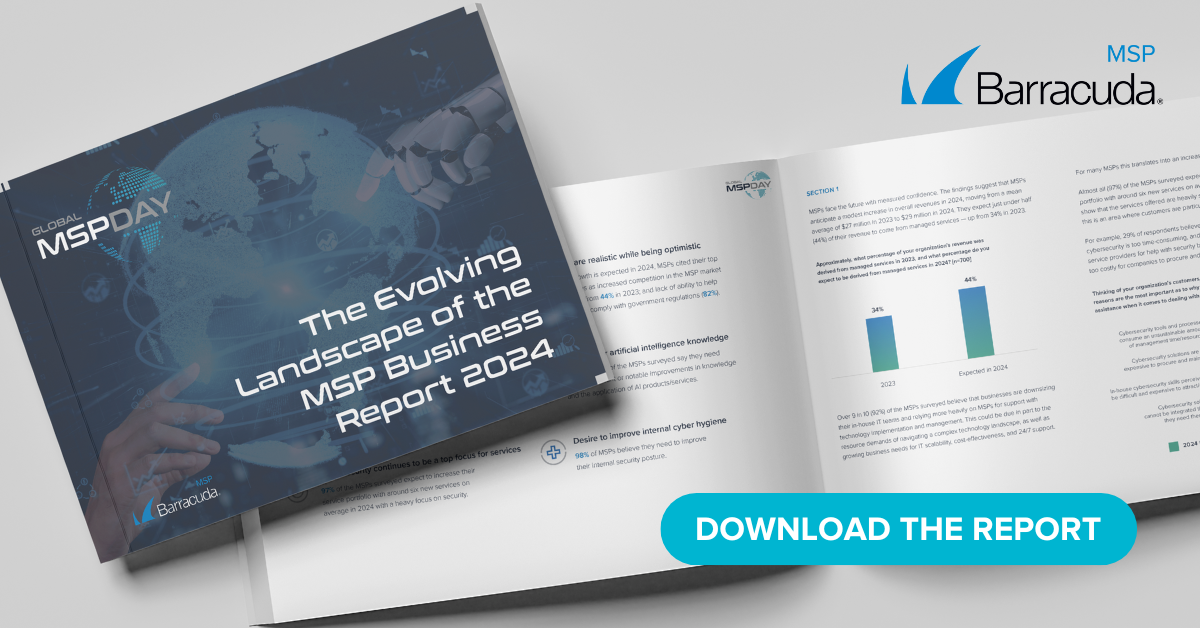 Legendary IBM computer scientist Frances Allen, who passed away on her 88th birthday in August 2020, is an exemplary technology pioneer to recognize during Women’s History Month.
Legendary IBM computer scientist Frances Allen, who passed away on her 88th birthday in August 2020, is an exemplary technology pioneer to recognize during Women’s History Month.
Allen grew up on a dairy farm and attended a one-room school in upstate New York before graduating from the New York State College for Teachers and starting work as a math teacher. After she earned a master’s degree in mathematics from the University of Michigan in 1957, Allen took a job at IBM. Her intention was to pay off her college debt so she could later return to teaching—not start a 45-year career filled with groundbreaking work in parallel processing.
Initially, Allen was responsible for teaching new hires FORTRAN. Then, she was assigned to the top-secret Harvest computer project for the National Security Agency. Her focus area was writing Alpha, a high-level code-breaking language.
Frances Allen works to help other female colleagues
Her experience with Harvest led to her interest and work in compilers and program optimization—all of which paved the way for high-performance computing. From 1980 to 1995, she led a team focused on parallel processing, or spreading processing tasks across low-cost microprocessors. This work is the foundation of the quick and easy app development that occurs today.
In 1989, she became the first female to be named an IBM Fellow—though she was mistakenly identified as a man in the award presentation. Her other passion was mentoring new colleagues, especially female colleagues.
In 2002, she said that when, “People come to an organization, particularly if they’ve just come out of school, they suddenly find themselves in a very alien environment. The culture is different, and how to succeed is very puzzling, and there’s a management system and a performance evaluation system. I had started to try and make myself a focal point for women who were entering our organization. I could try and help them build networks.”
In 2006, Allen became the first female recipient of the A.M. Turning Award, considered the Nobel Prize of computing.
Photo: metamorworks / Shutterstock
